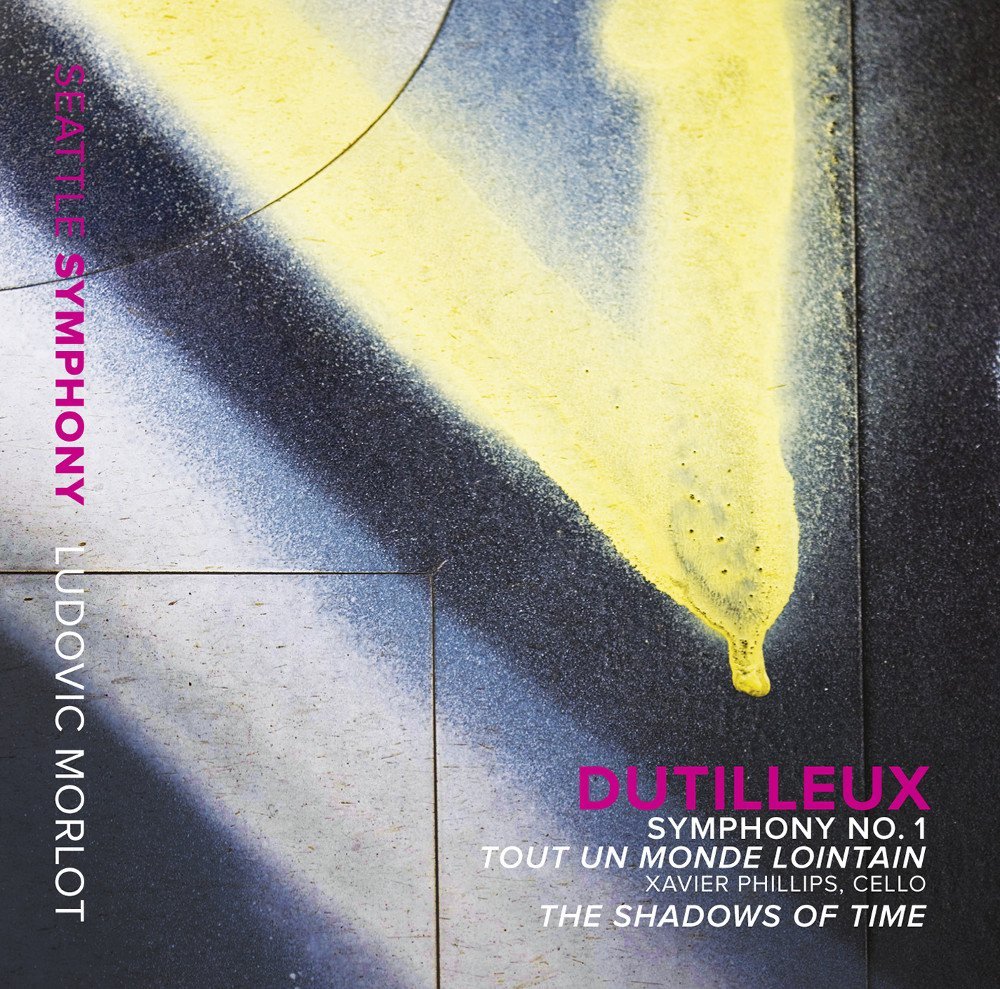Despairing in the depths of the Second World War, Richard Strauss turned to Mozart’s string quintets as well as the complete works of Goethe for evidence that German culture still existed. Vaughan Williams might well have done the same for his native art during the so-called Great War in homaging the music of Thomas Tallis.

Saleem (born 1976), having dropped the "Abboud" from his name, is one of the world’s most individual top pianists: his recent disc of Mendelssohn concertos with Riccardo Chailly and the Leipzig Gewandhausorchester is bound to make my “best of year” list. Nabeel, his brother and junior by two years, has served for some years as a violinist in the West-Eastern Divan Orchestra, first-rate peacemaking brainchild of Daniel Barenboim and Edward Said.

The first half of last night’s Prom was supposed to be linked by the theme of the First World War, but Anthony Marwood’s illness meant that Sally Beamish’s Violin Concerto, based on All Quiet on the Western Front, had to be replaced at late notice by her accordion concerto The Singing.

 Dutilleux: Symphony no 1, Tout un monde lontain, The Shadows of Time Xavier Phillips (cello), Seattle Symphony/Ludovic Morlot (Seattle Symphony Media)
Dutilleux: Symphony no 1, Tout un monde lontain, The Shadows of Time Xavier Phillips (cello), Seattle Symphony/Ludovic Morlot (Seattle Symphony Media)

A monstrous celebration prefaced by thunderous organ chords is always going to be more the Albert Hall’s kind of thing than a comic opera viewed through the wrong end of the telescope. So Strauss’s Festival Prelude kicked off a first half of 150th birthday celebrations in more appropriate style than last week’s Der Rosenkavalier.
The sprightly tread of Handel’s Queen of Sheba, attended by two wonderful Turkish oboists, wove the most fragile of gold threads between full orchestral exotica and Rameau motets of infinite variety last night. Not that any more links need be found: it’s the addition of the late night events which turns the Proms into a real festival, not the mere concatenation of concerts you might find in the main orchestral season.

Last night's Prom offered an intriguing mixture of French music both sacred and profane, with a British world premiere as its centrepiece. Duruflé’s pious Requiem rubbed shoulders with Ravel’s wordly homages to the Viennese waltz, Valses Nobles et Sentimentales and La Valse. Perhaps the most intriguing element was the least familiar, the world premiere of Simon Holt’s flute concerto Morpheus Wakes, written for the soloist Emmanuel Pahud, accompanied by the BBC National Orchestra of Wales under Thierry Fischer.

A few years ago I sat high up in a rapt, sweltering Albert Hall as a lone pianist performed for two hours in the round. Neither before nor since has the BBC Proms treated a classical musician like a rock god. But then Lang Lang, whether his music-making causes you to cheer or shudder, was and remains the poster boy of a cultural revolution. A few weeks earlier he'd opened the Olympic Games in Beijing.
Sir Roger Norrington, 80 this year, produced a masterful St John Passion in the first of his two appearances at this year’s Proms, built around his excellent Swiss chamber orchestra and the Zürcher Sing-Akademie.


